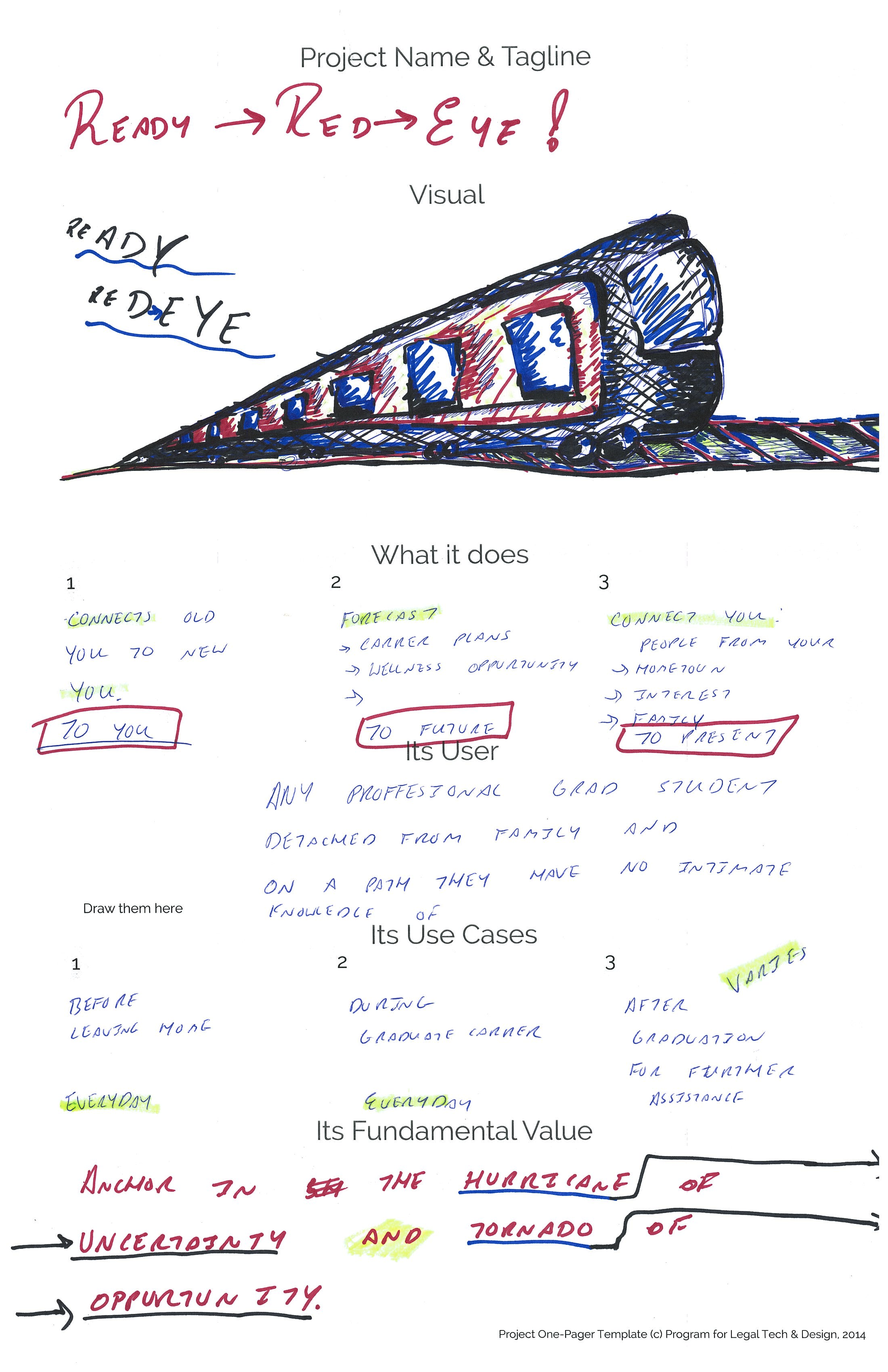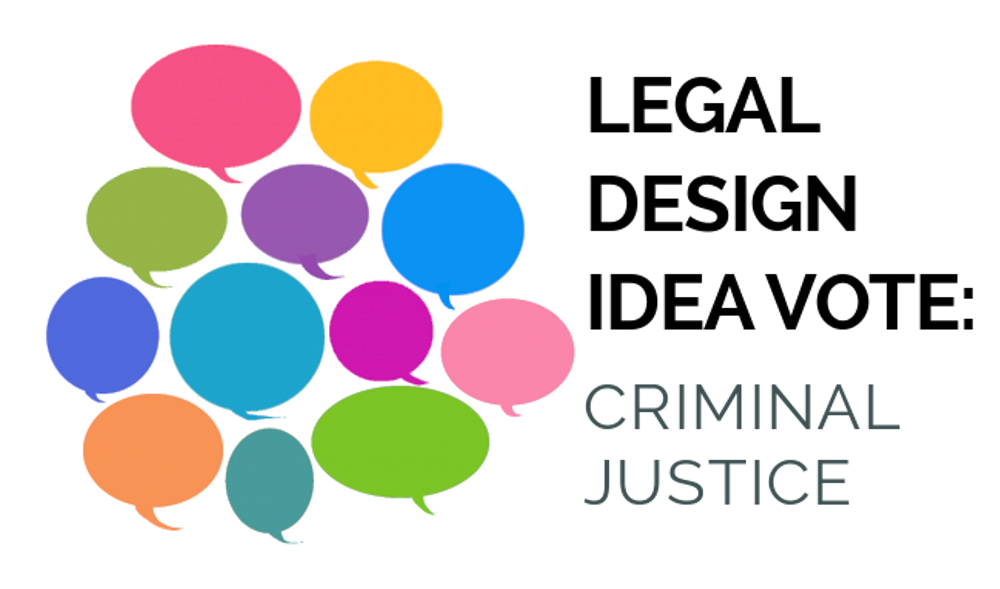Suffolk University Law School is offering a new concentration to law students: Legal Technology and Innovation. From their site, Legal Technology and Innovation – Suffolk University:
The legal industry is undergoing a fundamental transformation because of technology and innovative methods for delivering legal services. The Legal Technology and Innovation Concentration is designed to prepare students for this new and evolving legal marketplace by providing students with the knowledge and skillset that 21st century lawyers need.
The Concentration offers an array of courses and experiences that will better prepare students for both traditional and non-traditional legal employment. Traditional employers (such as law firms) increasingly need lawyers who not only have traditional legal knowledge and skills, but who are also familiar with innovative processes and technologies. For example, an increasing number of firms want to take advantage of cloud computing, employ a knowledge management system, use social media for investigations and marketing, engage in cost-effective electronic discovery, incorporate insights about project management, develop automated document assembly procedures, use law practice management software, understand metrics for the efficient delivery of legal services, and create a virtual version of their law firms.
Law firms are also paying closer attention to lawyers’ technological skills and their ability to innovate. One reason is that sophisticated corporate clients are demanding technological competence, recognizing that a lack of proficiency adds time and expense to legal matters. For example, one large company – Kia Motors America – recently began conducting “technology audits” of outside counsel to ensure they use available technology efficiently. (Suffolk’s Institute on Law Practice Technology and Innovation is partnering with Casey Flaherty, the corporate counsel at Kia who developed the audit, to automate and enhance it.) Another reason is that firms are increasingly experimenting with alternatives to the billable hour (i.e., alternative fee arrangements or AFAs, such as flat fee agreements). AFAs provide a stronger incentive for lawyers to be efficient, because firms make more money when their lawyers spend less (rather than more) time delivering high quality legal services. These efficiencies can be achieved through the appropriate use of law practice technology and other innovative practices.
The Legal Technology and Innovation Concentration also will better prepare students for employment outside of traditional legal jobs, such as in the increasingly large and prosperous industry that provides law-related goods and services. For example, law graduates are taking jobs with companies that provide – or are creating companies that offer – legal process outsourcing, electronic discovery services, online client lead generation, automated document assembly, online law practice management, and similar services. Moreover, a growing number of traditional legal employers are now hiring lawyers to perform non-traditional jobs. For example, large firms are hiring lawyers to work in information technology, knowledge management, and project management, thus opening up yet another employment option for graduates. Students who pursue the Concentration will acquire the knowledge and skills that these non-traditional professional jobs increasingly demand.
The bottom line is that Suffolk’s Legal Technology and Innovation Concentration can help students prepare for a legal industry that is going through a remarkable period of rapid change.




2 Comments
[…] What Is a Gantt chart? […]
[…] What Is a Gantt chart? […]